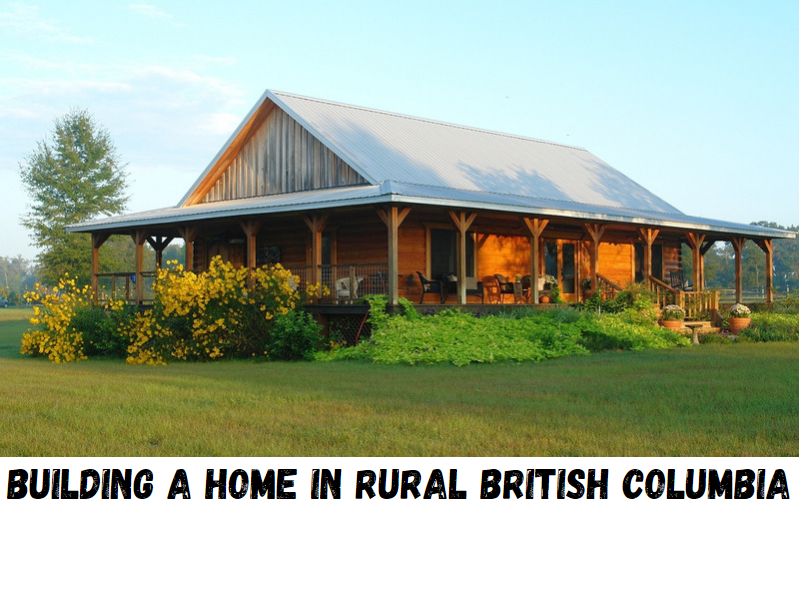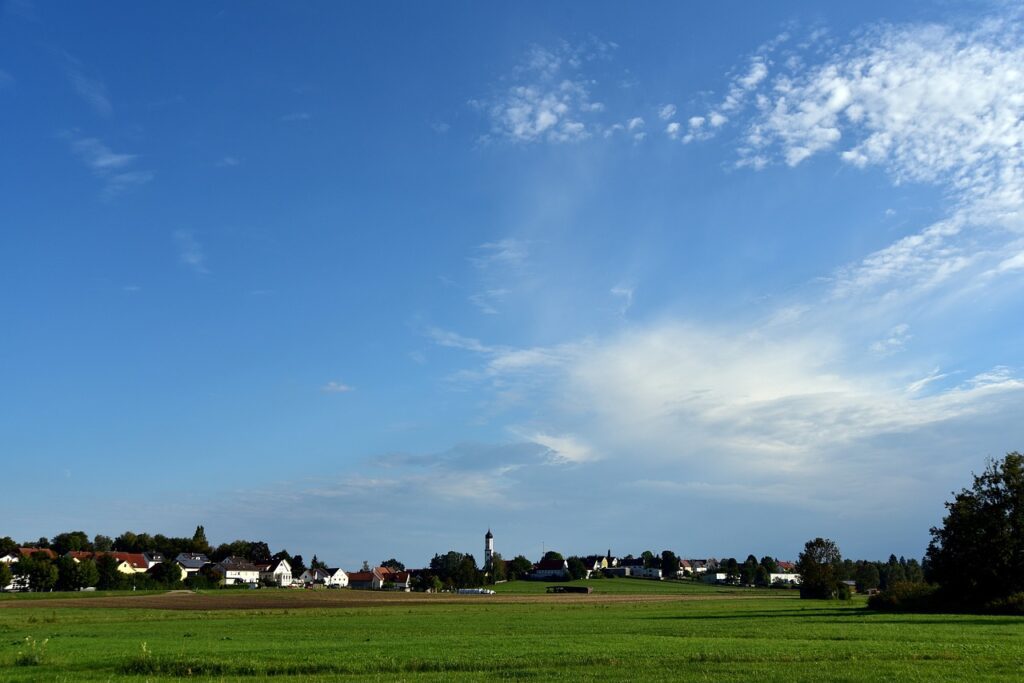
Rural construction in British Columbia is much more than just the process of building a home. It involves infrastructure, and other structures in the remote and wild regions of this Canadian province. British Columbia boasts a vast and diverse landscape, encompassing mountains, forests, lakes, and coastline. This makes it an ideal destination for those seeking a rustic lifestyle away from the bustling urban centers.
Building homes in rural areas presents unique challenges compared to urban construction. Accessibility and transportation pose significant hurdles, as many remote locations lack proper roads, bridges, or transportation networks. This scarcity of infrastructure not only makes it difficult to transport construction materials, but also adds to the cost and time required for rural construction projects.
Despite the challenges, rural construction in British Columbia offers numerous rewards. Living in the wild allows residents to immerse themselves in nature’s beauty, with breathtaking views and serene surroundings. The opportunity for outdoor activities like hiking, fishing, and wildlife spotting adds to the allure of rural living. And we can help make this your reality.
Rewards of Rural Construction in British Columbia
Connection with Nature and the Environment
Building a house in a rural area provides a unique opportunity to connect with nature in several meaningful ways. Building a house in rural British Columbia facilitates a more intimate connection with nature. From the design and construction process to the daily interaction with the surrounding landscape, rural construction allows individuals to embrace and appreciate the beauty, diversity, and tranquility of the natural world. It encourages a sense of stewardship and a deeper understanding of our role in preserving and coexisting with the environment.
Self-Sufficiency and Off-Grid Living
Building a house in a rural area promotes self-sufficiency and off-grid living in several ways, empowering individuals to become more independent and reduce their reliance on public utilities and services. Rural construction promotes self-sufficiency and off-grid living by providing opportunities for renewable energy generation, sustainable water management, food production, waste management, and skills development. By embracing these practices, homeowners in rural areas can reduce their reliance on external resources and services, fostering a greater sense of independence and resilience.
Sense of Community and Resilience
Building a house in a rural area promotes a strong sense of community and resilience among residents. Building a house in a rural area promotes a strong sense of community and resilience through close-knit relationships, mutual support, collaborative projects, resource sharing, and celebrating local traditions. These elements foster a deep sense of belonging and a shared commitment to the well-being of the community, making rural living a rewarding and fulfilling experience.
Sense of community and resilience 1. Strong bonds with neighbors and shared experiences 2. Support systems in remote areas
Successful Rural Construction Projects in British Columbia include:
- Sustainable off-grid home in the Kootenay region 1.
- Timber-framed cabin in the Cariboo District 1.
Future Prospects and Innovations

Advancements in Sustainable Building
Advancements in sustainable building practices have revolutionized the construction industry, paving the way for environmentally conscious and energy-efficient structures. Innovative techniques and materials are being developed to reduce the environmental impact of buildings. From the use of recycled and renewable materials to the integration of green technologies such as solar panels and geothermal systems, sustainable building practices prioritize energy efficiency, water conservation, and reduced waste. These advancements not only contribute to a healthier planet by minimizing carbon emissions and resource consumption but also offer long-term cost savings and improved indoor environmental quality for building occupants.
Green Building Materials
Green building materials and energy-efficient designs are at the forefront of sustainable construction practices. These materials, such as recycled steel, reclaimed wood, and eco-friendly insulation, minimize environmental impact by reducing resource depletion and waste. Energy-efficient designs focus on optimizing insulation, ventilation, and lighting systems to reduce energy consumption and greenhouse gas emissions. Features like energy-efficient windows, smart thermostats, and efficient appliances further enhance energy performance. By integrating green materials and energy-efficient designs, buildings can achieve lower operational costs, enhanced occupant comfort, and reduced ecological footprints, making them a crucial component of sustainable construction.
Eco Friendly Technologies
The implementation of eco-friendly technologies in residential construction is transforming the way homes are built. From solar panels and geothermal heating systems to rainwater harvesting and graywater recycling, these technologies reduce reliance on traditional energy sources and promote sustainable practices. Energy-efficient appliances, LED lighting, and smart home automation further enhance energy conservation. With the integration of eco-friendly technologies, residential constructions can significantly reduce their carbon footprint, conserve resources, and create healthier living environments for homeowners, contributing to a greener and more sustainable future.
Whatever your dreams and goals are for your home, SilverBeam Homes can help make that a reality. Let’s help you create the home that meets all your needs in rural British Columbia. Contact us today and let’s start working together to bring you home where the air is cleaner.
Recent Comments